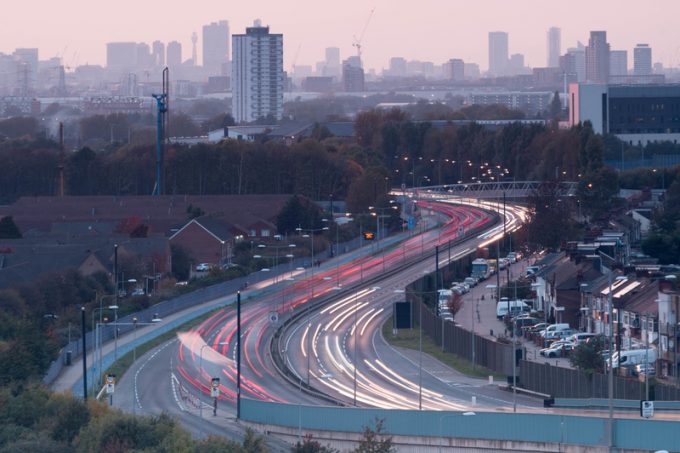GXO Wincanton deal could see supermarkets funded to invest in new 3PL
UK supermarkets could be given funding to invest in a 3PL as part of the ...

UK businesses are fighting attempts to bring in low-emission traffic zones: Southampton Council has scrapped plans following pushback and London’s ULEZ is under pressure.
The Road Haulage Association (RHA) launched a concerted effort to block the introduction of a clean air zone (CAZ) in Southampton, claiming it would have put businesses and livelihoods at risk.
Chief executive Richard Burnett described it as a “massive win” for industry that would bring hauliers “huge relief”.
He added: “Southampton has made the right decision. This sends a ...
USTR fees will lead to 'complete destabilisation' of container shipping alliances
Outlook for container shipping 'more uncertain now than at the onset of Covid'
Flexport lawsuit an 'undifferentiated mass of gibberish', claims Freightmate
Cancelled voyages take the sting out of spot rate declines this week
Shippers warned: don't under-value US exports to avoid tariffs – 'CBP will catch you'
New Houthi warning to shipping as rebel group targets specific companies


Comment on this article